In pursuit of jaguars, macaws and caimans and other colourful residents of the world’s largest freshwater wetland.

Pantanal is located in the upper Paraguay River basin and stands as the world’s largest wetland; it was established as a World Heritage Site in 2000. The Amazon Rainforest has been the centre of attraction for years, however, when it comes to wildlife viewing in its natural environment, Pantanal easily tops the list of world’s 5 best destinations. The area has excellent biodiversity of wildlife on the planet, with over 600 bird species, 80 mammals, 50 reptiles and 250 species of fish.
My recent visit to Pantanal, after about 5 years since I first went to the sprawling marshes, was a greatly enjoyable one as I travelled with a group of friends. Typically, mid-June until early October is dry season with reduced water levels, that is, the best time for wildlife viewing, especially the jaguars. Along with a local tour company, I had created such an itinerary that gave ample opportunity to cover a wide range of wildlife including various bird species, mammals, reptiles, endemic nocturnal animals and of course the jaguars.
As we landed in Cuiaba after flying over 25 hours in 3 different planes, I heard from my guide that the weather conditions at our first destination Chapada do Guimarães weren’t great due to the cold front. Dense fog and mist all over had made it almost impossible for outdoor activities. Cuiaba is the capital of Mato Grosso state and is home to the Chapada dos Guimarães National Park just about 65 km away by road.
Considering the adverse weather conditions, we decided to go around the Cuiaba to spot animals and birds. Our first encounter was with a tiny primate known as the Blacked Tailed Marmoset that belongs to the species of New World Monkey. These monkeys are diurnal and arboreal using their claws to climb trees. They mainly feed on tree sap and occasionally insects and bird eggs.
Diese Geschichte stammt aus der September - November 2017-Ausgabe von Saevus.
Starten Sie Ihre 7-tägige kostenlose Testversion von Magzter GOLD, um auf Tausende kuratierte Premium-Storys sowie über 8.000 Zeitschriften und Zeitungen zuzugreifen.
Bereits Abonnent ? Anmelden
Diese Geschichte stammt aus der September - November 2017-Ausgabe von Saevus.
Starten Sie Ihre 7-tägige kostenlose Testversion von Magzter GOLD, um auf Tausende kuratierte Premium-Storys sowie über 8.000 Zeitschriften und Zeitungen zuzugreifen.
Bereits Abonnent? Anmelden
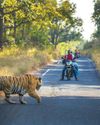
Staying ALIVE!
The importance of getting to the root causes of conflict with wildlife, is essential. Its mitigation will guarantee the very survival of all species.
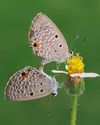
Frames from the WILD
A few amazing shots from a horde of incredible ones!
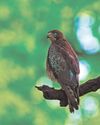
WAKE UP!
A frightening thought a world without wildlife, mornings without birdsong, and all that we take for granted! We must realise the dangers threatening the beauteous green world and its inhabitants around us!

Dolphin DILEMMA!
A crucial article to highlight the significance, and plight of Our riverine friends.
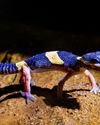
Gecko Quest!
The authors take us on the trail of a gecko from West Bengal, through the hills of the Bankura district.
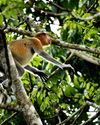
Endangered EXOTICA!
The author takes us on an exotic ride into the forests of Malaysia, allowing us glimpses of the beauties of its wildlife!
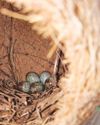
Mellifluous Magpie!
Immerse yourselves in the world of the musical and glorious Magpie Robin! The authors help acquaint us with this beautiful bird.
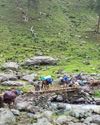
Think Different!
The author brings to us the very real concern for the horses employed around pilgrimage sites in India.
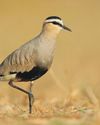
Take Heed!
The authors make a case for the conservation of the rare and lesser-known Sociable Lapwing.
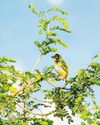
Close Encounters!
The author introduces us to two amazing yet very different bird species, showing us the diversity of our ecosystems,